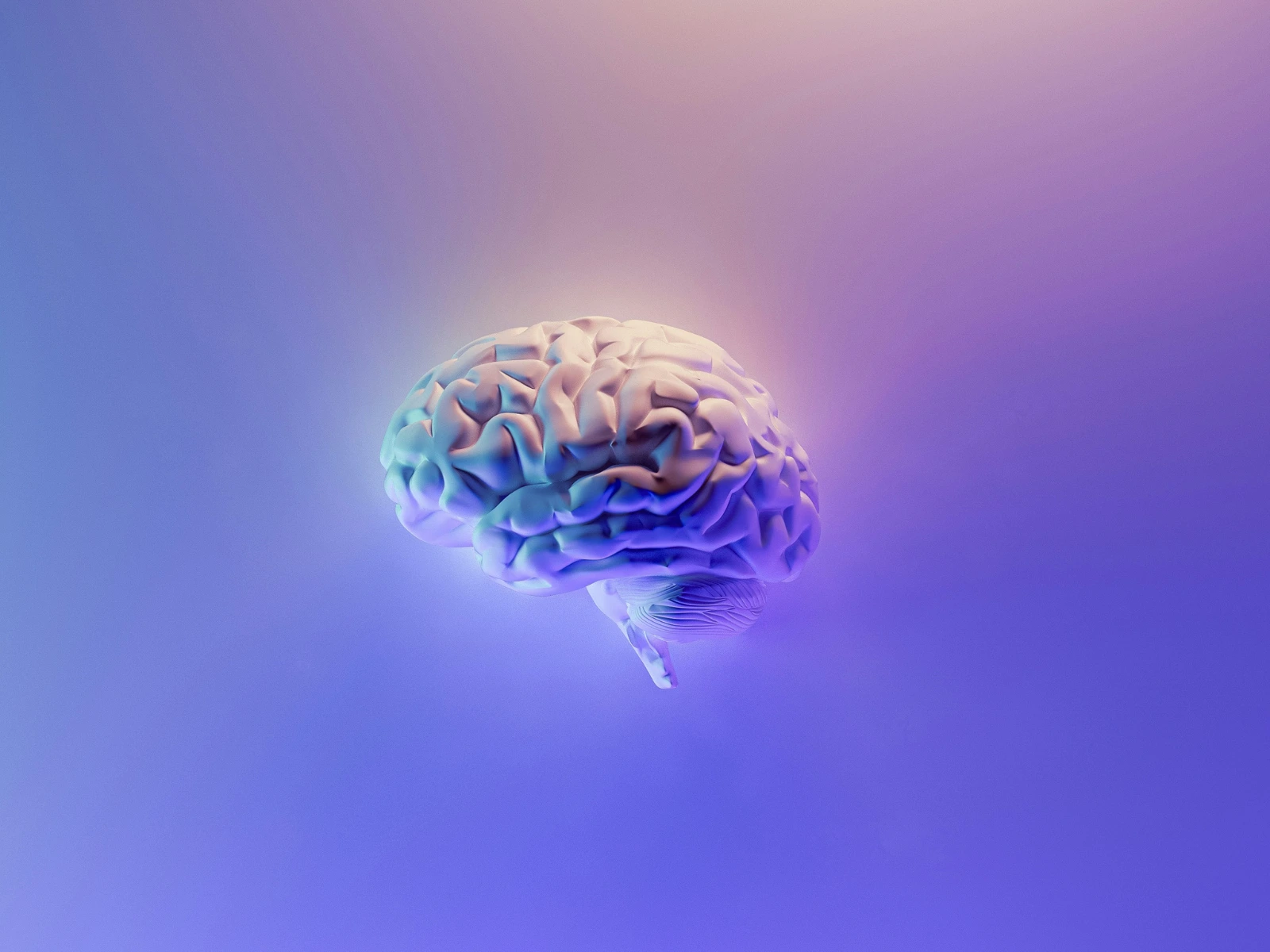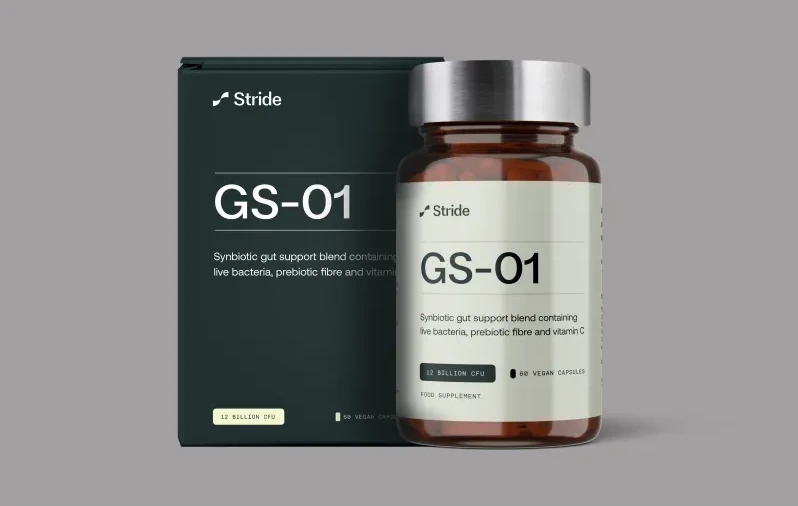Buy One Get One Half Price and 🎄 Merry 🎄 Other Savings
News
8 Minutes

10 startling facts about sleep
From how your gut influences sleep to why athletes who sleep less are more prone to injury, there's a lot to uncover about how sleep affects us. Did you know poor sleep lowers testosterone levels or that a hot bath before bed really helps you fall asleep faster? And yes, "Exploding Head Syndrome" is real (and harmless)! Discover the unusual facts about sleep you might have not known.
10/10/2024
Sleep science is still a relatively new field, with so much being discovered all the time. Here are just 10 facts that you might not know about how you spend about a third of your life...
1. Sleep is in the gut
Studies in fruit flies have shown that sleep isn't all in the mind. Scientists identified a gene that codes the molecule involved in how deeply the flies sleep, and found that those molecules were present in the gut as well as the nervous system. In fact, deliberately depleting it in the gut actually had a substantial impact on the flies' sleep. It suggests that dietary choices impact sleep quality a lot more than we've even suspected - and that diet could be manipulated to improve sleep.
2. Poor sleep = low testosterone
One study found that young men who slept five hours a night had a reduction of 10-15% in their testosterone levels when compared to men sleeping eight hours a night. Testosterone affects many areas of health - in both men and women - from sex drive to muscle and bone strength
3. Lack of sleep makes us hurt more
Many studies have shown that even a single bad night’s sleep causes a decrease in our pain threshold. What’s more, ‘spontaneous’ pain complaints like back ache or headaches also increase after a single night’s bad sleep. Hyperalgesia - that is, an increased sensitivity both to feeling pain and an extreme response to the pain - are found in both men and women after sleep loss, though interestingly with a stronger trend in women.
4. Lack of sleep makes gamblers care less about losing
It’s probably no surprise that lack of sleep leads to bad decision making. However studies have even shown that sleep-deprived subjects, when given simple gambling tasks, showed less activity in the caudate and orbital frontal cortex regions of the brain. These are the areas that regulate your ‘reward’ centre. So essentially, the subjects actually cared less about their potential losses when they were tired.
5. Bad sleep raises your injury risk
If you take part in sport, you’ll know how vital sleep is to feel good and perform well. But did you know it also actually prevents injuries? Research in the US showed that college athletes who slept less than seven hours per night were nearly twice as likely to get injured compared with those who got more than eight hours.
6. When you sleep, your brain goes to the car wash
The glymphatic system is the network of vessels that clear waste from the central nervous system, mostly during sleep. Built up waste products are flushed away, muscles are built, tissues are repaired and our immune systems strengthened. It’s basically like taking your car to the garage - and having it washed, cleaned and tuned.
7. A hot bath before bed really does help
It may sound like folk wisdom, but a meta-analysis (a study of all the studies) in 2019 found that taking an evening shower or bath in hot water (between 104 and 108.5 degrees Fahrenheit) does indeed improve sleep quality - and can also help you fall asleep faster.
8. Being on top of the world isn't all it's cracked up to be...
Where you live affects how you sleep. That might sound obvious. Of course if you live by a six lane motorway, you’ll be affected by noise. But did you know even the altitude you live at can impact on the quality of your sleep? A study in the Journal of Clinical Sleep Medicine found that people who live at higher altitudes actually report more sleep disturbances that those lower down. So much for the peaceful mountains!
9. We don't sleep less than we used to
While some things that sound like old wives' tales turn out to be true, other things we accept as fact aren’t true at all. One oft-quote stat has it that ‘the average American sleeps 2 hours less than 50 years ago’. In fact, there’s no evidence for this at all. Some scientists suggest the balance may have shifted slightly - so perhaps we sleep slightly less during the week and slightly more at the weekend, but the differences are marginal. Though it’s certainly true that while we might not be sleeping less, we might not be sleeping as well as we should be.
10. Exploding head syndrome is real
It sounds like something out of a bad sci-fi film, but Exploding Head Syndrome really exists - it’s just not quite as dramatic as it sounds. Those suffering from the syndrome ‘hear’ a very loud bang, like a gunshot or thunder, just as they are about to fall asleep. The exact cause isn’t known, and it’s not dangerous. Nor is it usually a sign of a more serious health condition. Great name though.
Discover StrideDNA Optimal Health
Discover your genetic sleep predispositions with a StrideDNA Optimal Health test and DNA-optimise your sleep schedule!






